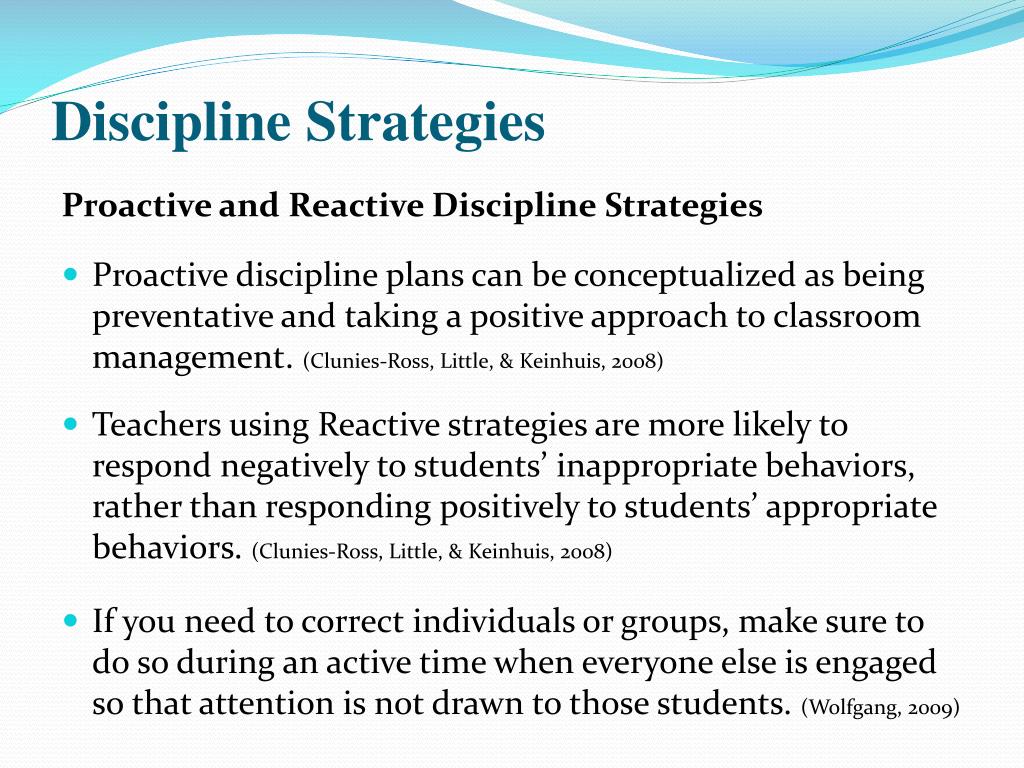
The psychologists conducted two studies with a diverse mix of boys and girls: one with 669 students starting seventh grade at two middle schools with large Latino populations in the western United States and a second with 137 students beginning sixth grade at a middle school with a large black population in New England. The latest research explores the flip side: Whether middle schoolers who feel more secure in their belonging also have agency to build better relationships with teachers. How could troubled relationships between teachers and students be improved? In a prior study, Walton found that a brief online exercise to help middle school teachers take an empathic rather than punitive mindset with misbehaving students cut the student suspension rate by 50 percent. Then small misbehaviors and initial mistrust can grow.” And children already worried about fairness and disrespect can react strongly to early negative experiences. “A small initial misbehavior can be seen as more severe by teachers. “When students and teachers both begin school aware of negative stereotypes that label boys of color troublemakers, small initial differences can compound,” Walton said. Teacher reports of discipline issues, the researchers said, arise from a cycle of negative interactions that are influenced by negative social stereotypes between teachers and students. Government Accountability Office, in 2013-14, black boys represented 7.9 percent of public school students but 25.2 percent of students who were suspended. They hope that their findings can help address the discipline disparity between black and Latino students and other groups. March Professor in Organizational Studies in Education and Business and a professor of psychology. Parker Goyer, lead author and a postgraduate fellow Gregory Walton, the Michael Forman University Fellow in Undergraduate Education and associate professor of psychology at Stanford School of Humanities and Sciences and Geoffrey Cohen, the James G.


The researchers include Stanford psychologists J. In a second study, the reduction for black boys was 65 percent from sixth grade through 12th grade.

Their research, published in the Journal of Personality and Social Psychology, found that guided exercises in two or more 25-minute class sessions early in sixth or seventh grade reduced teacher reports of discipline issues – such as for disrespect, defiance or insubordination – among black and Latino boys by 57 percent over two years in one study. Stanford researchers examined teacher reports of discipline issues with students and found a cycle of negative interactions can be influenced by negative social stereotypes.


 0 kommentar(er)
0 kommentar(er)
